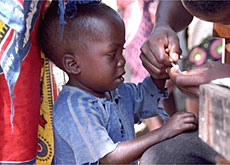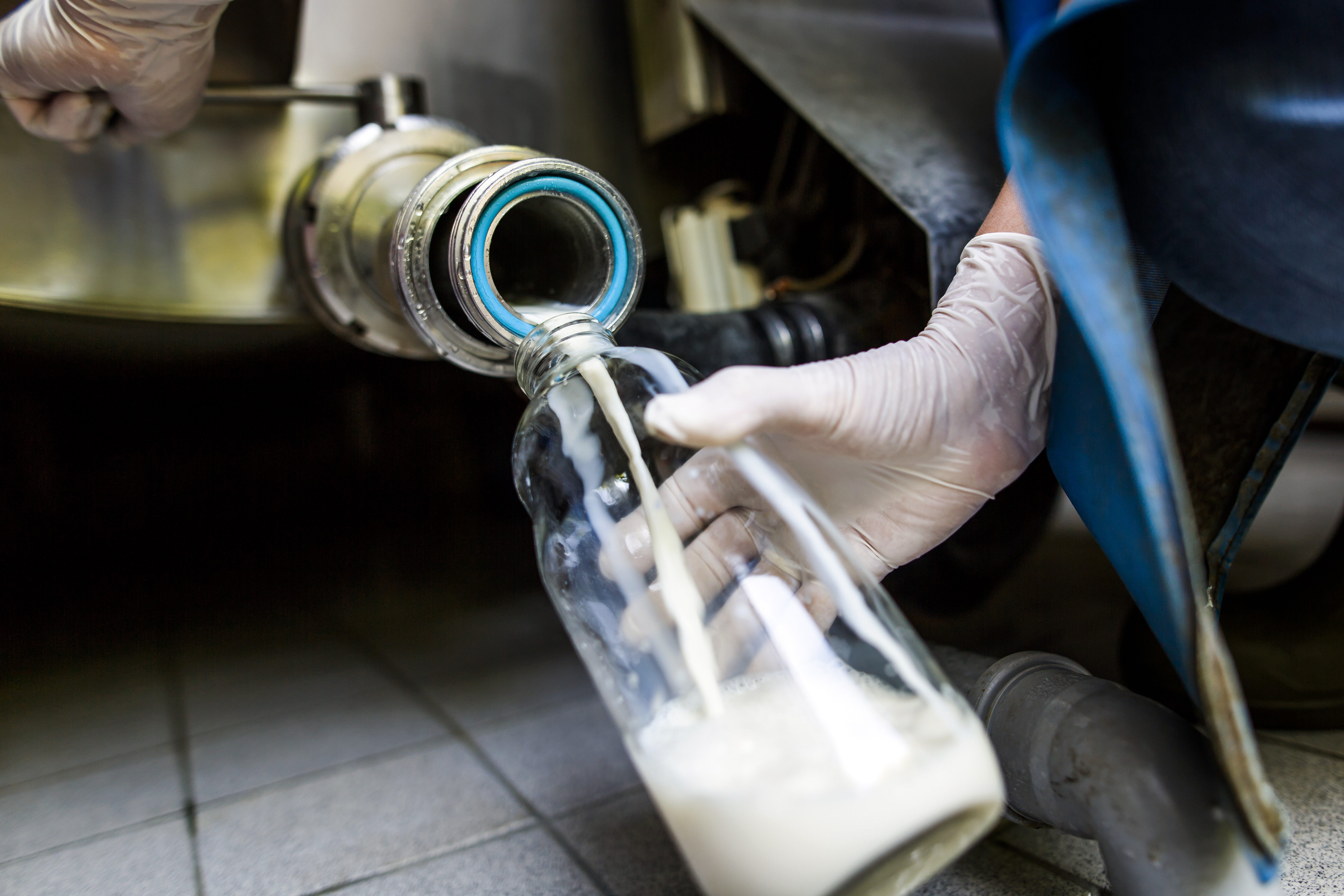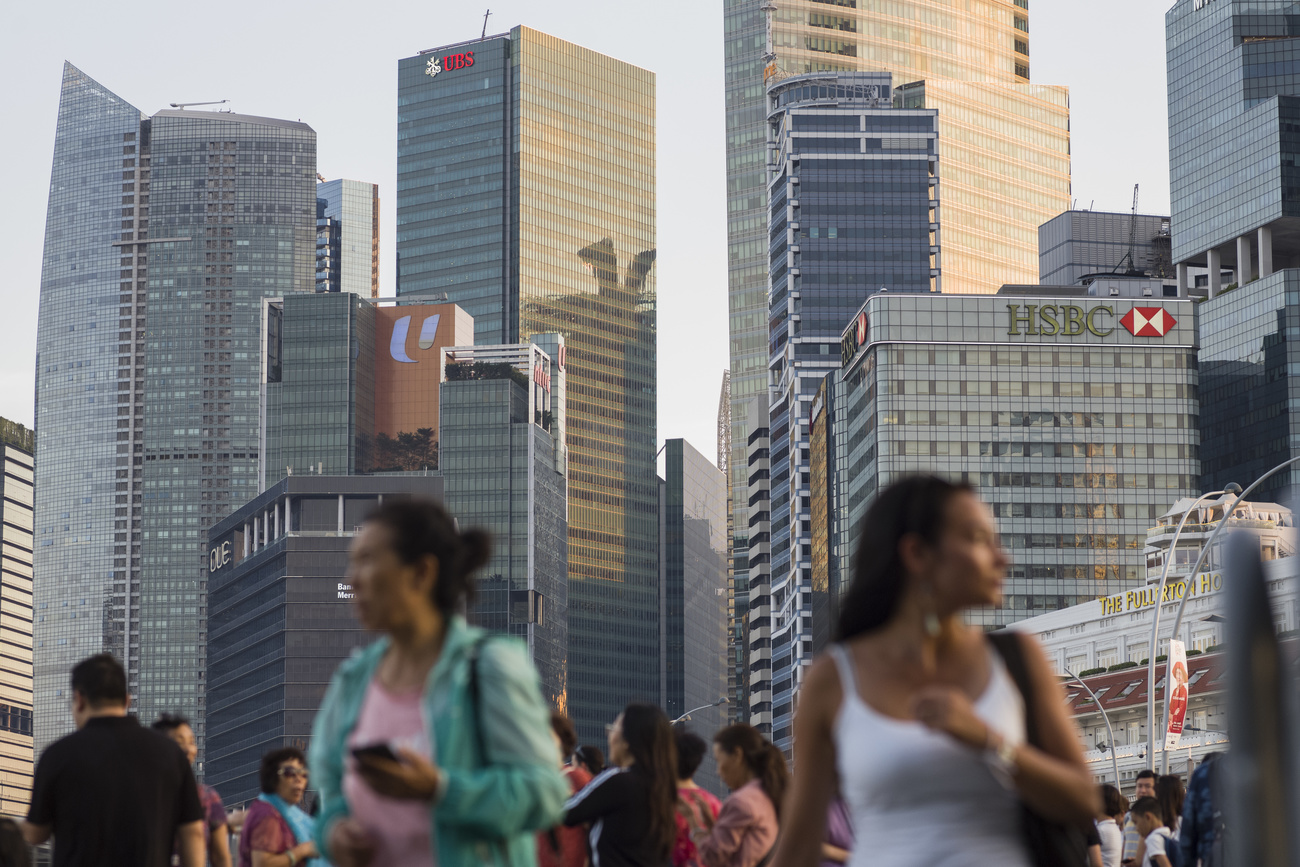Malaria: the killer disease

By the time you have read this article, six children in sub-Saharan Africa will have died of malaria, and 1,800 people worldwide will have started to show clinical symptoms of the disease.
On Africa Malaria Day on April 25, swissinfo is starting a 13-part series on the disease, its impact and the treatments available.
Four-year-old Chelsea lies unconscious in the intensive care ward of St Francis’ Hospital in Ifakara, Tanzania.
She fell sick with fever a week ago in her village, 90 kilometres away, before the convulsions of cerebral malaria took hold.
At the shivering and vomiting and sweating stages of the disease, her mother took her to the village dispensary for drugs, then the local health centre for diagnosis.
Later, on the advice of doctors, she brought her to the district hospital where medical director, Pascience Kibatala, casts a critical eye.
“Her responses are very poor but there is some hope,” he says. “She can move her right upper limb and her mother says there has been some improvement since she was admitted. Also her temperature is 38.7. If it was 40, it would be a bad sign.”
Not all have her chances. In a nearby bed, four-year-old Lucrezia from neighbouring Ulanga district has been lying in a coma for almost a month, sick with cerebral malaria.
“When I look at this child, she already has clawed hands and fingers,” says Kibatala. “It means she already has brain damage. Her lower limbs don’t move properly. The prognosis is not good.”
Regular attacks
There are 30 beds in the paediatric ward. When the number of cases explodes, children sleep two or three to a bed. On the day of my visit, there are 52 patients.
In the severe malaria ward, mothers nurse crying infants, hot and weak with fever, who are connected to quinine drips.
A large number of the patients in this ward will die, their condition often complicated by pneumonia, respiratory tract infections or malnutrition.
According to the World Health Organization, there are more than 300 million cases of malaria worldwide and at least one million deaths annually.
Sub-Saharan Africa bears 90 per cent of the brunt and in countries like Tanzania malaria is the leading cause of morbidity and mortality.
It accounts for 40 per cent of public health expenditure, 30-50 per cent of inpatient admissions and up to 50 per cent of outpatient visits in endemic areas.
People of all ages have regular attacks throughout their lives but the burden of disease and death falls mainly on young children and pregnant women.
Malaria also contributes to other child deaths by affecting immunity to other diseases.
Vital statistics
“Whatever statistic you take, malaria dominates the health system,” says Canadian epidemiologist, Don deSavigny, currently based at the Swiss Tropical Institute (STI) in Basel.
“If we look at outpatients and inpatients, the consumption of drugs or the consequences in terms of morbidity or mortality, malaria is always number one.”
Not only is the health of the population affected but also the economy of the country.
At the household level malaria significantly affects the daily life of families through money spent on prevention and cure, work days lost and absence from school.
“It is a disease burden. It is an economic burden. It lowers the productivity of this country,” says Dr Ali Mzige, director of preventive services at the Tanzanian ministry of health.
It is estimated that the disease costs Africa $12 billion (SFr16.5 billion) annually and has slowed economic growth in African countries by 1.3 per cent a year.
Worst disease
There are several reasons why Africa bears such a huge proportion of the malaria burden.
There are four main types of malaria, all spread via mosquitoes. It so happens that the most deadly form of the parasite, plasmodium falciparum, as well as the mosquitoes that transmit it most effectively, anopheles gambiae, predominate here.
Coupled with that, the temperature and humidity allow the mosquito to live long enough for the parasite to develop into the infective form in its gut – ready to be transmitted to another victim.
“That’s why malaria is such an overwhelming problem in Africa,” explains STI director, Marcel Tanner. “Africa has not only the best climatic conditions but the best vectors.”
Mosquito factory
Ifakara lies in the Kilombero river plain, 320 kilometres southwest of Dar es Salaam.
During the main rainy season which begins in March, the flood plain provides ideal conditions for anopheles gambiae to breed.
In many of the villages, people are exposed to hundreds of bites from mosquitoes infected with malaria, every year.
“It’s just a mosquito factory,” says STI researcher, Gerry Killeen. “The Kilombero valley produces some of the highest transmission intensities in the world.”
“By the time you’re five years old, you’ve been exposed to so much malaria and you’ve had so many malaria attacks that you’ve either developed life-protecting immunity or you haven’t made it.”
swissinfo, Vincent Landon in Tanzania
Ifakara in southeastern Tanzania has had a Swiss connection for more than 80 years.
The Swiss Capuchins opened a mission station there in 1922.
Swiss Tropical Institute members paid their first visit to the town in 1949.
In 1957, the institute’s field laboratory opened.
It became a Tanzanian institution – the Ifakara Centre – in 1991.
Over 300 million people suffer from malaria each year and well over one million of them die.
Sub-Saharan Africa bears 90 per cent of the burden. The majority of victims are children and pregnant women.
The WHO says malaria kills 3,000 children under five years old every day, or one African child every 30 seconds.
It is Africa’s leading cause of under-five mortality and constitutes ten per cent of the continent’s overall disease burden. Malaria costs Africa more than $12 billion (SFr16.5 billion) annually.

In compliance with the JTI standards
More: SWI swissinfo.ch certified by the Journalism Trust Initiative








You can find an overview of ongoing debates with our journalists here . Please join us!
If you want to start a conversation about a topic raised in this article or want to report factual errors, email us at english@swissinfo.ch.